The election could could throw up a parliamentary flea circus
Paul Keating rightly called the upper house ‘unrepresentative swill’ and it has become only increasingly unrepresentative as more independents and minor parties wallow in the slops. Now we risk turning the house of government into the same godawful mess.
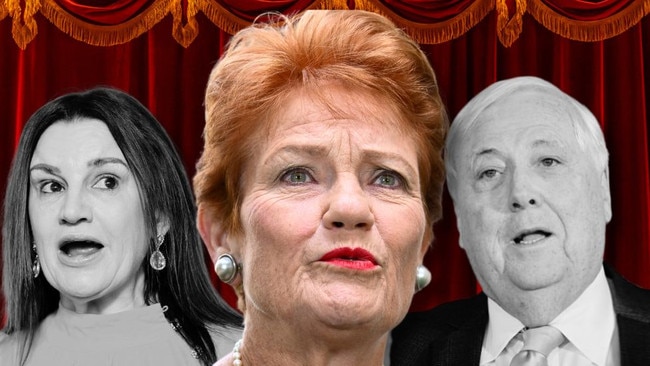
As ineffectual and incompetent as the Albanese Labor government is in the here and now, we may look back on it with fondness in two months as a period of relatively predictable inadequacy.
I know that sounds crazy, but our election could throw up a parliamentary flea circus where the smallest players make the biggest calls.
The attraction of our preferential voting system is that it moderates outcomes; when no candidate wins a popular majority in any electorate the preferences ensure it goes to a candidate acceptable to most voters according to preferences. But in the Senate proportional representation combined with the small quotas that come from having 12 seats in each state give us the opposite effect, almost guaranteeing that fringe candidates get elected into positions that can wield the balance of power.
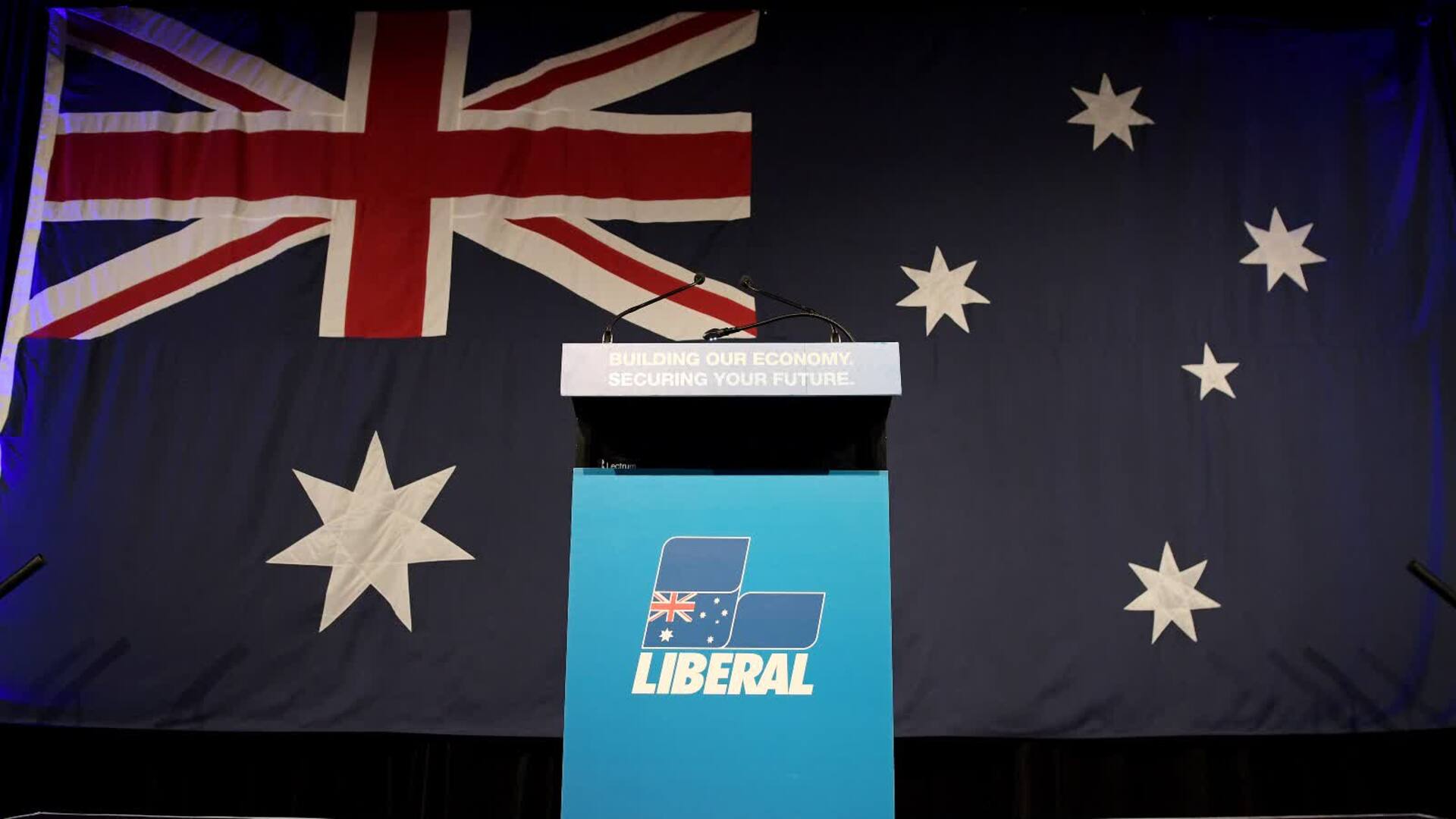
Increasingly this has turned our Senate into a madhouse where major parties can be sidelined by a Star Wars bar full of Greens, Hansonites, Palmerites, Lambieites, Xenophonites, quasi-teals or any number of kangaroo poo-throwing novices and major party rejects. Paul Keating rightly called the upper house “unrepresentative swill” and it has become only increasingly unrepresentative as more independents and minor parties wallow in the slops.
At this election we risk turning the house of government into the same godawful mess. The combination of compulsory preferential voting, disillusionment with the major parties and contemporary selfie politics (where many voters like to put someone just like them into parliament) has delivered an unprecedented number of independent and minor party MPs in the House of Representatives, and they could decide which major party governs the country.
We have lived this nightmare before. Nearly 15 years ago Rob Oakeshott went live to the nation for his 15 minutes of fame, then added two more minutes, before announcing he would join fellow independent Tony Windsor in backing Julia Gillard’s Labor government (which also did a deal with the Greens).
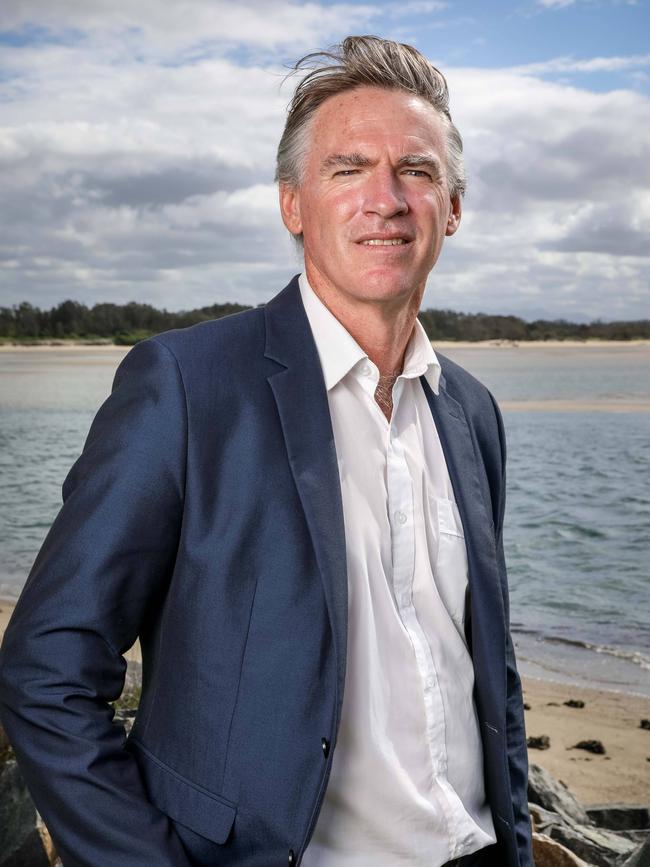
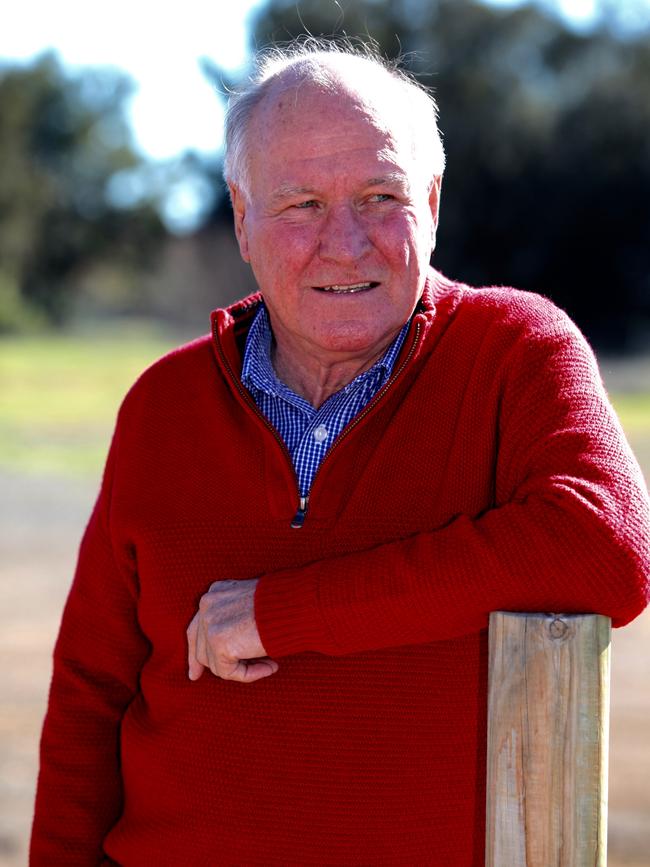
What a fine mess that got us into. It was so bad that before the term was up Labor MPs held their noses and brought back Kevin Rudd as prime minister, complete with new leadership rules that make a Labor prime minister about as susceptible to challenges as Kim Jong-un.
In my view Tony Abbott made a crucial error back in 2010 as opposition leader.
Oakeshott and Windsor were both former conservatives who had won their conservative seats without relinquishing their conservative dispositions. They had an obligation to support a Coalition government because it was clearly what their electorates would have expected – it was implicit, if not explicit, in their political positioning.
When I said so at the time and predicted neither man would have the courage to face their electorates for judgment again, both reacted angrily, insisting they would re-contest their seats – neither did, and both seats returned to the Coalition in 2013.
So what did Abbott do wrong? He validated the independents’ so-called neutrality through days and weeks of negotiation.
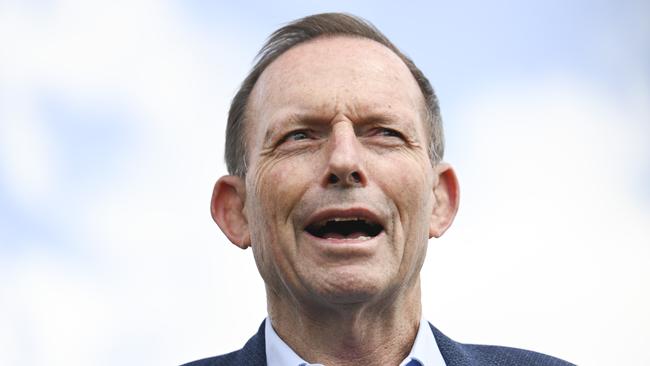
Labor and the Coalition met separately with Oakeshott and Windsor, wheeling and dealing over policies and promises, awaiting news of who they would choose to run the nation. It was rank and undemocratic.
At the time I thought Abbott and the Coalition should have made the case publicly that Oakeshott and Windsor owed it to their electorates, the parliament and the country to install a Coalition government. Better to put that moral expectation on them, along with the weight of their electorates’ expectations, than to play into their egomaniacal bargaining for power. The worst that could have happened is that Oakeshott and Windsor could have ignored this pressure and installed Labor, which they did anyway.
Yet it would have been clear to all that they had abandoned their electorates, and the Coalition would have stood defiantly on the high moral ground.
This is relevant now because in the event of a hung parliament – quite likely based on current polling – there will be frenetic post-election horse-trading.
On the Labor side we know it can count on the Greens, who will only drag the once proud ALP further to the loony left.
Yet the prospect, put by some, that the Coalition could bargain with the teals is equally appalling. Most of the teals are just a different shade of green, and the most economically literate of them, Allegra Spender, is so far off the charts on climate demands that she could not possibly have any sway in a Coalition government.
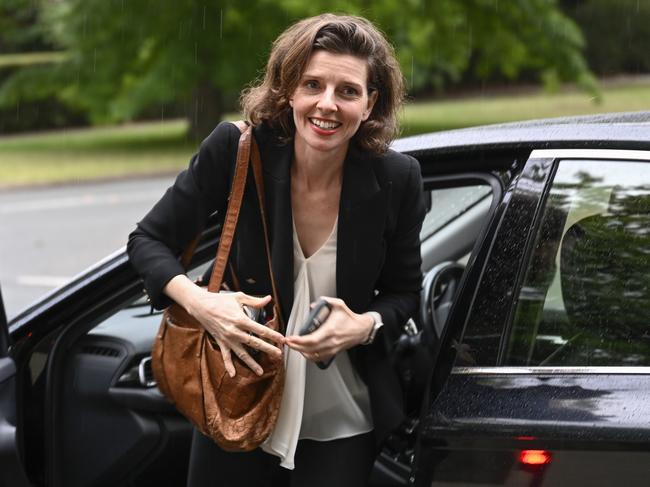
Spender also has been weak on Israel, signing a letter demanding Labor return funding to the UN Relief and Works Agency for Palestine Refugees in the Near East even after its staff were exposed as Hamas terrorists in the October 7 atrocities. The teals need to be exposed and defeated, not courted.
It would be emaciating for the Coalition if after an inconclusive election Peter Dutton were to indulge in a series of meetings with the teals and others, competing with Labor for their favour, offering an assortment of irrational climate policies and giveaways. Dutton could do all that and then see them opt for Labor anyway.
Much better to apply maximum pressure on the non-committed independents to declare their inclinations ahead of time – put pressure on them every day, invite them to deny a vote for them is a vote for Labor.
Dutton also should announce pre-election that he will shun such dealings and instead offer a set of criteria he would expect independents to abide by in the event of a hung parliament, such as how the major parties fare by seat count and popular vote.
Again, it might be ignored by the crossbench MPs. But it is a more transparent and democratic way to operate, and if it fails to deliver power it will expose a Labor-Greens-teals conglomeration at the outset, setting the terms for the following election.
Many would argue this is unrealistic, that realpolitik means a party is beholden to consider just about any deal to muster the numbers. My point is that you can lose more than you win in such exchanges, even if you form government (ask Gillard).
An alternative government must have core policies and values that are non-negotiable, it must make them clear before an election, and they must not be up for negotiation with a bunch of wildcats who have campaigned on a completely different subset of ideals. Compromise and accommodation are a daily part of politics, sure, but there are limits, and it is voters and their will that should decide who forms government, not side deals.
Some independents are a natural fit for the Coalition and common ground can be identified with them before the election. Andrew Gee, the former Nationals MP in Calare, Dai Le in Fowler, Bob Katter in Queensland, and even, perhaps, Rebekha Sharkie in South Australia are examples.
The teals are problematic, bristling at Liberal research showing they voted with the Greens in parliament on 70 to 80 per cent of occasions. Spender took to social media countering that she voted 60 per cent with Liberals, 50 per cent with Labor, 45 per cent with the Greens and 100 per cent for Wentworth.
Do we want our national government decided by interpretations from one or two teals about what their electorates might want? Would this be a sell-out of democracy given the teals are the top spenders on individual seat campaigns, receive millions of dollars from millionaire and billionaire donors, and are supported financially and strategically by Simon Holmes a Court’s Climate 200 outfit?
There are some hard decisions to be made on preferencing. The Coalition needs to put the Greens last everywhere and demand Labor does the same.
Most Labor MPs ride into parliament on Greens preferences. Yet the Greens have become a hateful party less concerned with the environment than they are with stirring up anti-Israeli hatred and sabotaging our economy.
Former Victorian state Labor MP Tony Lupton demonstrated the power of an alternative approach in the Prahran by-election this month. Running as an independent and preferencing the Liberals ahead of the Greens he ensured the Greens lost and the Liberals won.

Lupton says if his beloved ALP does this more broadly it will benefit by isolating the Greens and developing a stronger political brand itself. Currently, the ALP allows itself to be cannibalised by the Greens.
Another test for Labor is The Muslim Vote candidates. Both major parties should repudiate this regressive move towards sectarian politicking.
And with Clive Palmer’s new Trumpian incarnation, the preferences could be flying thick and fast on the right side of the count too. Palmer could hurt Labor with his advertising spend, but he undoubtedly will damage the Coalition in some seats by splintering the conservative vote.
It must be time for a serious debate about adopting optional preferential voting – why should voters be forced to exhaust their preferences when they might believe only one or two of the options are viable? This system has worked well in NSW.
Along with shrinking the Senate to increase the quota, this would provide the most achievable democratic reforms to help resist the trend towards endemic chaos. But that debate is for another day.
For now, we must contemplate whether strong policy differentiation between the major parties at the looming election may arrest or reclaim the drift to independents and minor parties and help deliver a majority government.
If not, I fear we will see haggling over who forms government in shambolic scenes that may make Oakeshott look like a paragon of brevity and wit.



To join the conversation, please log in. Don't have an account? Register
Join the conversation, you are commenting as Logout